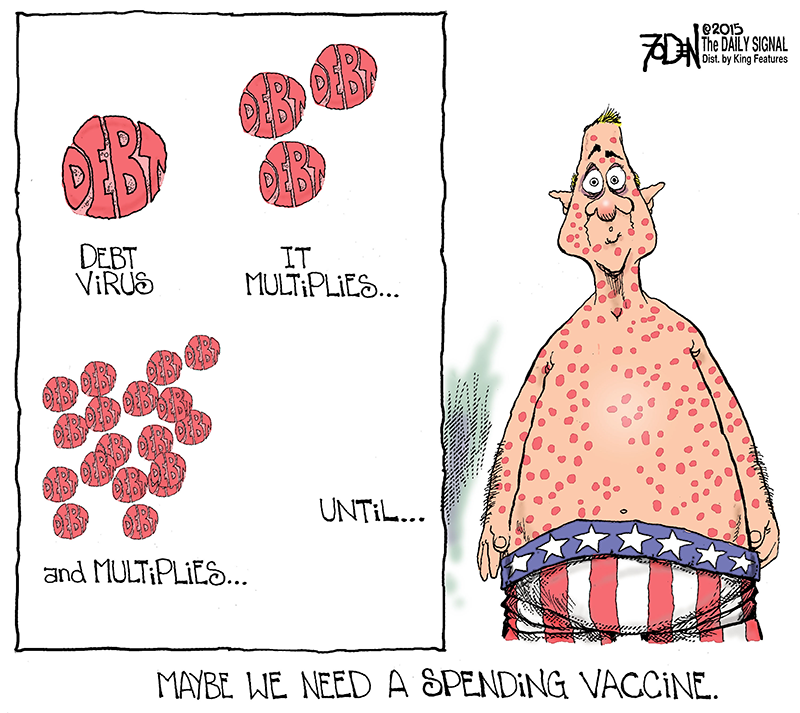From Heritage Foundation’s Romina Boccia and Michael Sargent:
For the first time in his two terms in office, President Obama released his annual budget on time. This is a welcome step towards normalcy in the budget process, though one wonders why it took six years for the administration to decide it should adhere to the statutory deadline. Aside from its timeliness, there is little good that can be said about the president’s 2016 budget.
The Daily Signal depends on the support of readers like you. Donate now






























Read more of Heritage’s analysis of President Obama’s budget here.
The Daily Signal depends on the support of readers like you. Donate now